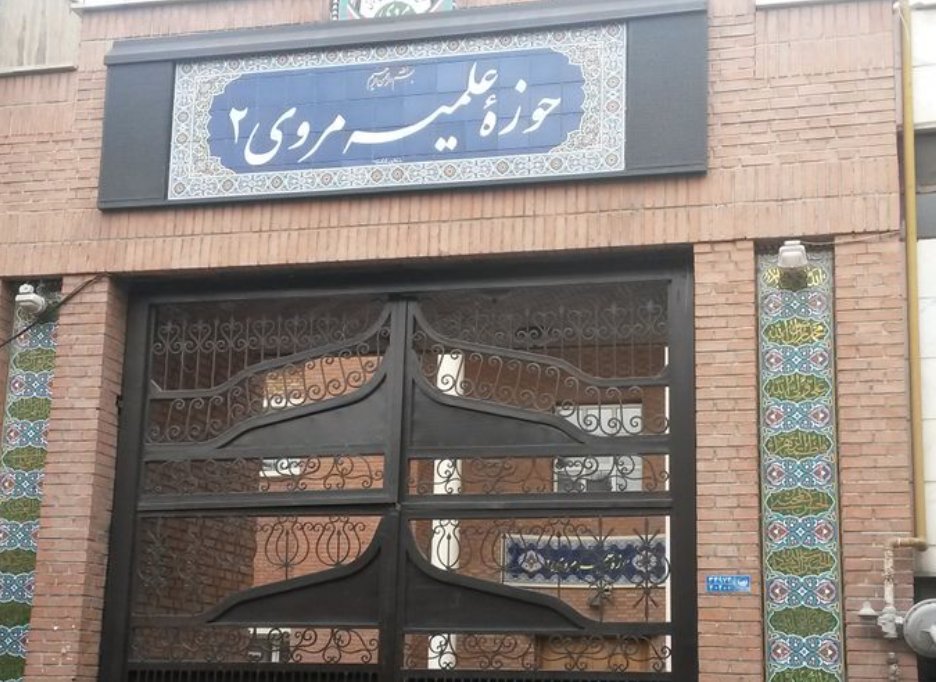Since we are in the fasting month it might be worth mentioning one of the works dealing with the arcana of the faith and the mystical path such as this work of ‘Ammar al-Bidlisi (d. c. 1207) on fasting #seclusion_literature 1/ 



‘Ammar had been a disciple of the famous nurturing #Sufi shaykh Abu Najib #Suhrawardi (d. 1168) author of the famous manual of comportment and rule for the order Adab al-muridin and later initiated Najm al-Din Kubra (d. 1221) eponymous founder of the #Kubrawiyya 2/ 

These two texts edited and translated by Edward Badeen 1999 are very much #seclusion lit - the Ecstasy of the Folk (Bahjat al-ta’ifa) is on various notions on the mystical path including the seclusion (khalwa) with God 3/
The Fasting of the Heart focuses on the self-discipline and purification of the heart that is in #Sufi doctrine not only the organ of perception but also the dwelling place of #God 4/ 

‘Ammar glosses fasting as the effort of keeping patience mentioned in Q 2.34 as means to seek the support of God alongside ritual prayer 5/
The esoteric fruits of fasting are such that exemplify the saying of the #Prophet ‘fast that you may become healthy’ in mind and soul 6/
Diseases of the heart that rust its mirror are purified and hence the mirror polished through fasting, as forgoing of what is permitted for the sake of #God 7/
Kubra famously quoted his master as advising: When you enter into seclusion for 40 days, do not be contented but say to yourself do not wish to emerge from the seclusion after 40 days 8/
No doubt this followed from sayings attributed to the #Prophet on the effects of secluding oneself with God, one of which is the acquisition of wisdom and wise speech 9/
Later the Sufi biographer and famous poet Jami (d. 1492) praised the example of ‘Ammar as a directing shaykh nurturing the spiritual path of his initiates especially on the matter of seclusion and polishing the mirror of the heart 10/
• • •
Missing some Tweet in this thread? You can try to
force a refresh
















